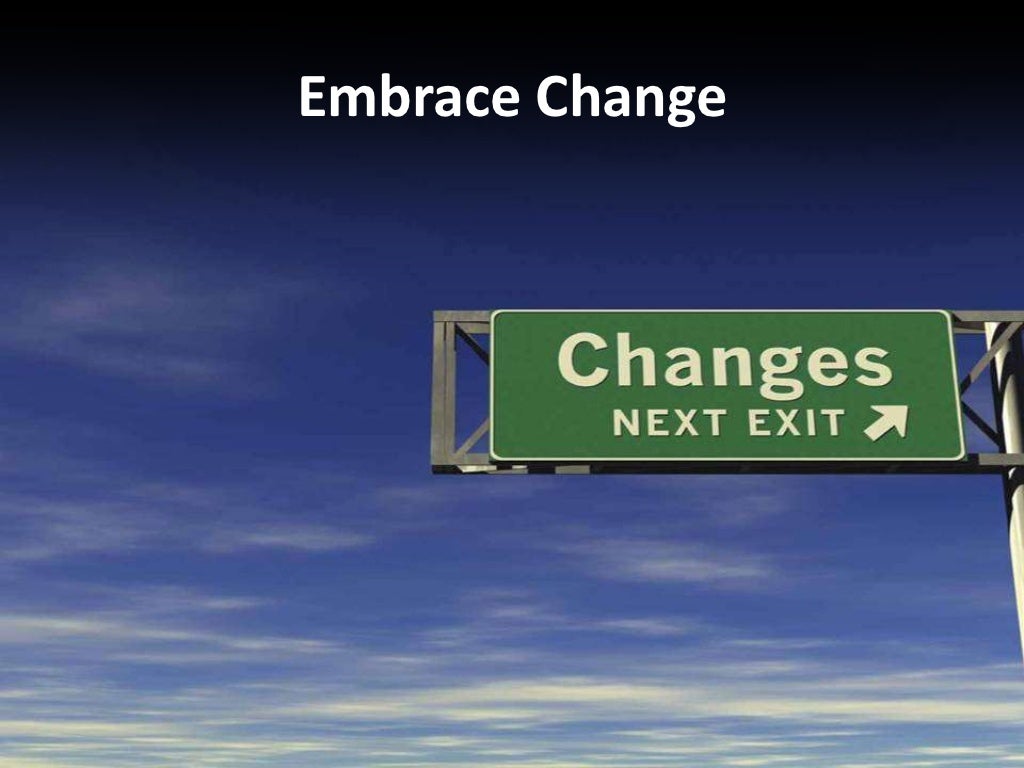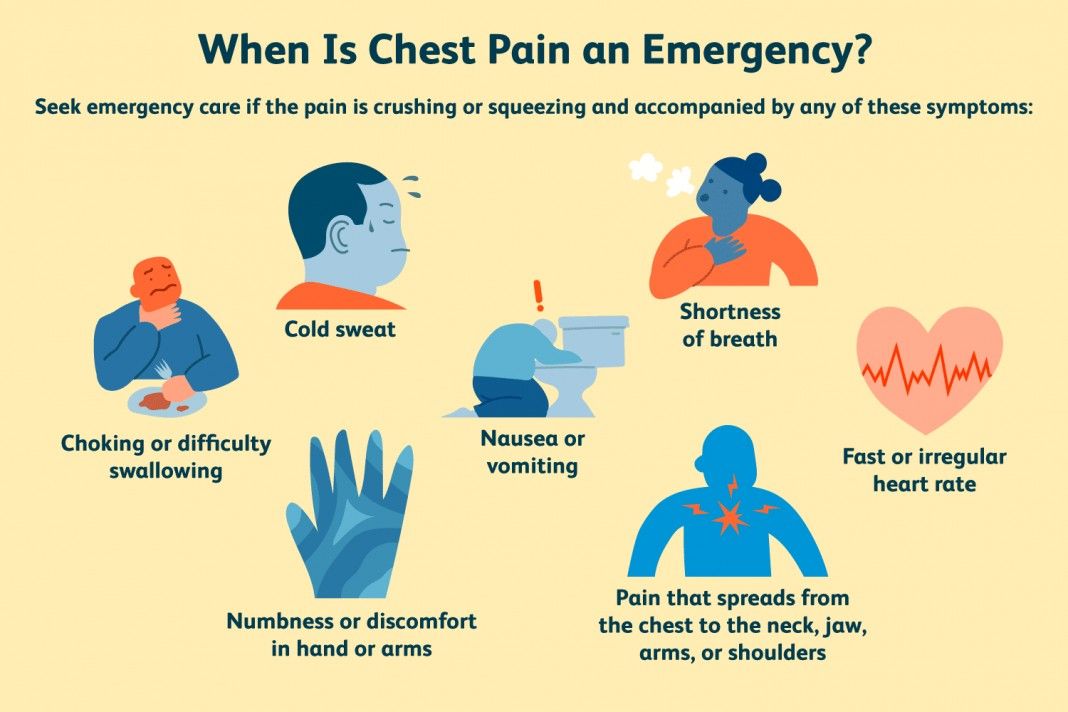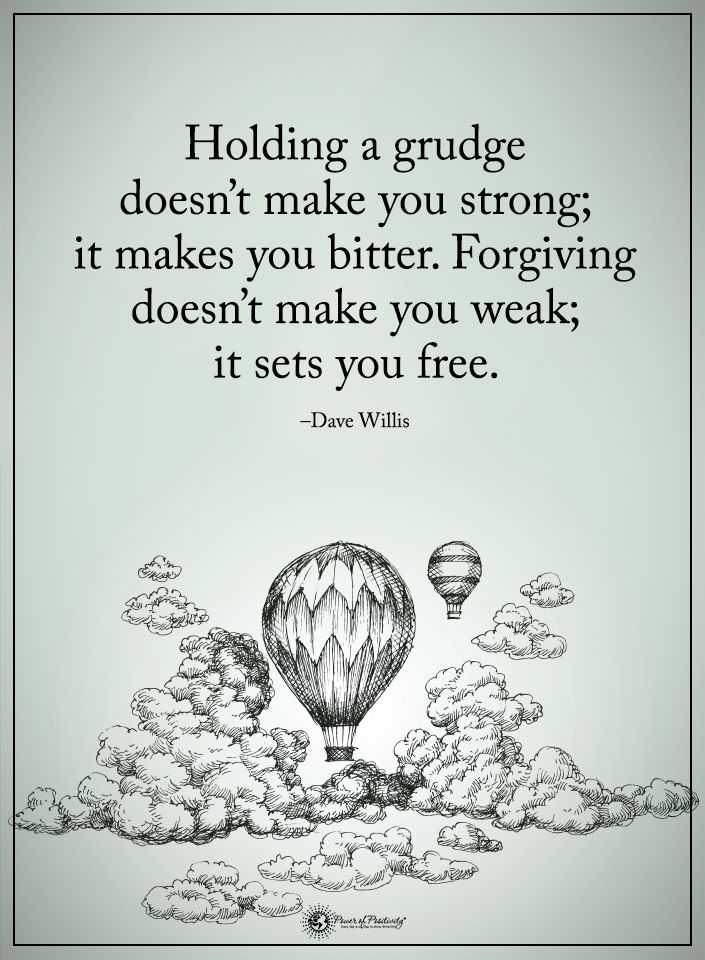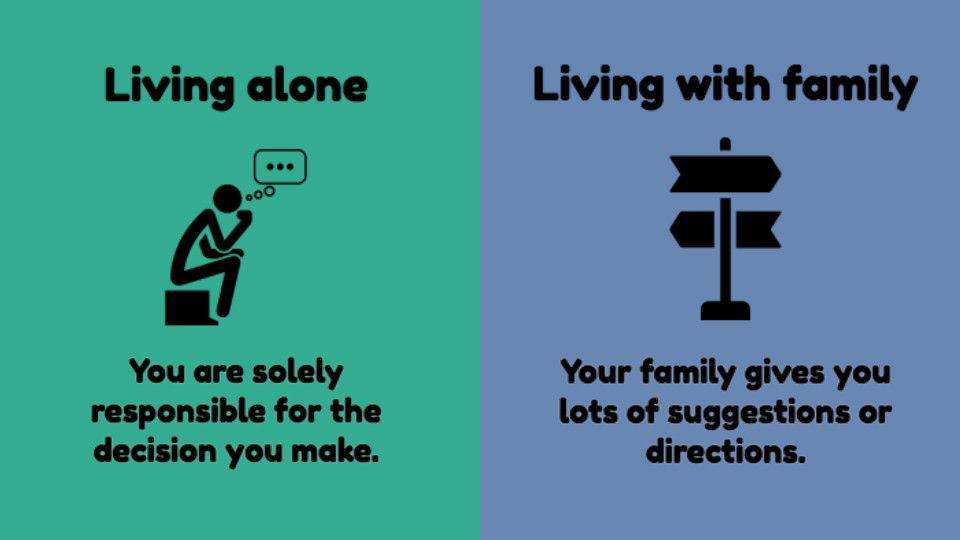How much time apart is healthy in a relationship
How Much Alone Time is Normal in a Relationship
Is it OK to have alone time in a relationship?
Coming off of the pandemic, the amount of alone time those in a relationship have become accustomed to is much less than we have likely had in the past. To cut to the chase, wanting some time for yourself to explore your interests or just to simply recharge is completely normal. The idea of alone time sparks lots of questions. How much should or shouldn’t I take? How do I ask for it? Will my partner feel neglected? Below are some tips for how to ask for and implement alone time into your relationship, as well as some ways to know when you may need to ask for it.
How much alone time is normal?
Figuring out how much alone time is normal may be different for each couple. While most couples would prefer not to be attached at the hip, they may also prefer to avoid being glorified roommates. Finding a balance that works for you and your person will help you both feel more fulfilled in your relationship and as individuals.
According to relationship experts, one option is to divide the time you spend with your partner into 70/30. This means that, ideally, you should spend 70% of your time together and thirty percent of your time apart. During the time apart, you do you. You can continue your hobbies and enjoy your interests with other people. Remember, 70/30 is a guideline and is a great place to start. You may find that you need more or less space in your relationship. Talk to your partner about what feels best for both of you.
Common signs you need to spend more time alone
1. You’re fighting about trivial things
Small things can set us off. Perhaps it’s bickering over an errant towel on the floor or why there are dishes in the sink. While conflict is normal, these small things don’t matter. If you and your partner are continually sweating the small stuff in your relationship, you might need a little space to clear your head.
2. You’re bored
Relationships can become monotonous and routine.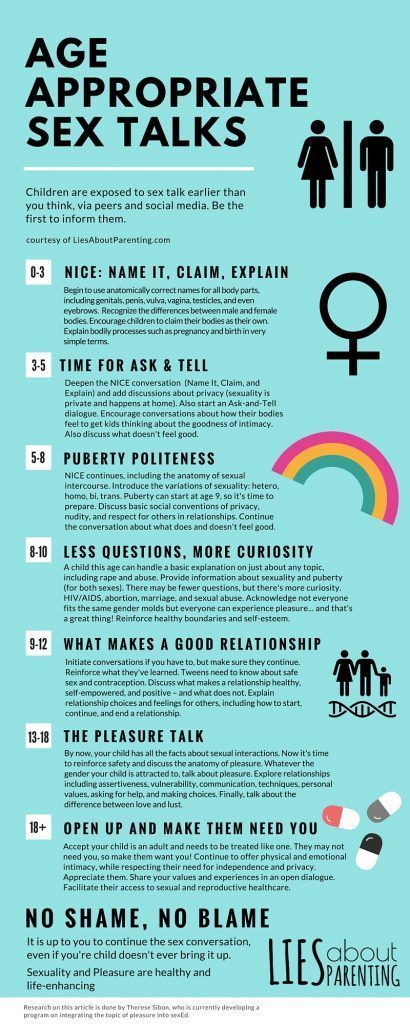 In simpler terms, we can become bored. You find you and your partner are talking about the same things and doing the same things. You may even feel like you’re running out of new ways to infuse life into the relationship. It’s likely that there’s nothing wrong with you, your partner, or your relationship. However, some solo time (for you and your partner) can offer up a fresh perspective on your relationship. As the old saying goes, absence makes the heart grow fonder!
In simpler terms, we can become bored. You find you and your partner are talking about the same things and doing the same things. You may even feel like you’re running out of new ways to infuse life into the relationship. It’s likely that there’s nothing wrong with you, your partner, or your relationship. However, some solo time (for you and your partner) can offer up a fresh perspective on your relationship. As the old saying goes, absence makes the heart grow fonder!
3. You don’t do the things that used to make you happy
What do you do for self care? Do you enjoy taking an exercise class? Reading a book? Other hobbies? Maybe enjoying your morning coffee at a new spot? When was the last time you carved out time to do that? You may find yourself needing space to engage in the activities that “fill your cup.” Engaging in the things you love helps to recharge your energy, helping you to feel more fulfilled, and amplifying your ability to be there for others (especially your person!) Remember, you can’t pour from an empty cup, so set aside some solo time to refill it.
4. You miss your friends
Finding a supportive and complementary partner, and it’s important to remember that your life partner can’t be everything to you all of the time. Support from friends and family is just as important as support from your significant other. Friends can offer up a new perspective and can give your relationship extra space so that it doesn’t become a dumping ground for stress. Friends can also help you navigate issues within your relationship. Additionally, friends know you as an individual, especially those who knew you before your relationship. Spending time with friends can help you feel more like yourself and leave you with a clear head.
5. You don’t feel like yourself
This may be one of the most crucial signs that you need a bit of solo time. If you’re feeling out of touch with your individual identity, and feel overwhelmed in your partnership, then you likely need a bit of time to rediscover yourself. Support and connection are vital elements to a relationship, but knowing who you are outside of your relationship is a key way to staying fulfilled as an individual. If you’re not quite feeling like yourself anymore, think about how you can create some space to discover what makes you you and show up as your whole self in the relationship.
If you’re not quite feeling like yourself anymore, think about how you can create some space to discover what makes you you and show up as your whole self in the relationship.
How to tell your partner you need more time for yourself
Before asking for alone time from your partner, ask yourself what alone time actually looks like for you. Do you need to leave your house for an extended period of time are you content when you’re sitting in the same room with your partner without speaking? Maybe alone time is popping in your earbuds and having permission to check out for a while? Before you have a conversation about your needs for space, take a moment to have a conversation with yourself so that you can communicate your needs with intention.
Once you know what your own needs are communicate them to your partner. Be thoughtful and specific in your ask, and ask them about their needs as well. Perhaps they have also been needing some space as well. Your partner may as how much time you need and may have questions, so keep an open mind and an open heart, and don’t hesitate to reiterate that alone time is an act of self care.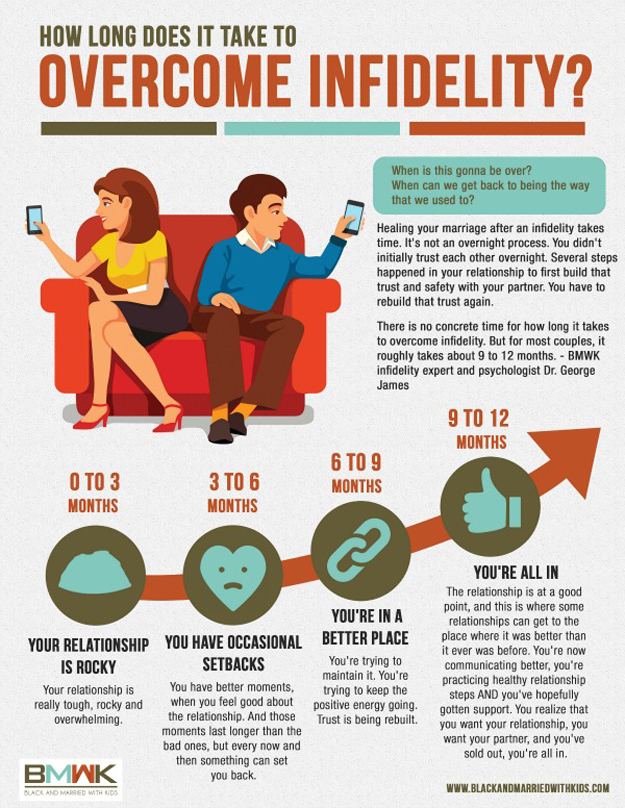
Being together all the time isn’t healthy
Not everyone has the same level of need when it comes to alone time. It’s possible that your partner needs more or less than you do. Some partners might not understand why their significant others need alone time, yet it doesn’t discount the fact that it is important. However, it’s important to come from a place of compassion when asking for alone. It’s also important to avoid speaking to your partner in a way that might make them feel as though they are wrong for needing more or less alone time than you do. Remember, some people recharge by being around others while some people recharge by taking time away.
It’s compelling to think that our need for alone time is selfish, but most couples can benefit from spending time on their own interests and hobbies. Just because the inherent need isn’t there, doesn’t mean it can’t be beneficial. That’s not to say you should tell your partner that you are doing them a favor by giving them alone time, but that you shouldn’t feel bad for expressing your need.
Spending too much time apart can be challenging
Figuring out a healthy balance of couple time and alone time can be challenging. Spending too much time together can feel suffocating. However, too much time apart can create distance, and lead to one or more partners feeling neglected.
Planning and communicating are crucial aspects of healthy relationships. Weekly check-ins can provide a healthy space for you and your partner to communicate your needs for time together and apart. Check-ins are a great way to stay on task, set boundaries, and work on compromise when it comes to making sure everyone’s space and connection needs are being met.
Focus on spending quality time together
What is your definition of quality time? Do you think it matches what your partner would say? One partner may say watching TV together is quality time, while the other partner may say a full-blown date night is their idea of quality time. Defining what quality time means to you and your partner is important to keep the connection strong in a healthy relationship.
Prioritizing quality time is important and can seem difficult at times, especially with busy schedules. One great way to prioritize quality time is to schedule things you want to do with your partner. Maybe it’s buying tickets to a comedy show or making a reservation at your favorite restaurant. Putting something on a calendar makes it more likely to happen, so try scheduling a few activities at the beginning of each month for you and your partner to look forward to.
Another way to increase quality time in your relationship is to decrease distraction. Phones are one of the biggest culprits in decreased quality time between couples. If you’re spending time together watching a show or talking about your day, try setting a “no phone” rule in an effort to make your time together feel more special.
Anchor Light Therapy Collective is a multidisciplinary mental health counseling and therapy clinic in Seattle, WA.
21 Signs You Need Time Apart in a Relationship
In This Article
Sometimes space away from a partner is necessary; time apart in a relationship to recognize what you need and identify the ideal way to take care of those needs for yourself separate from the partnership.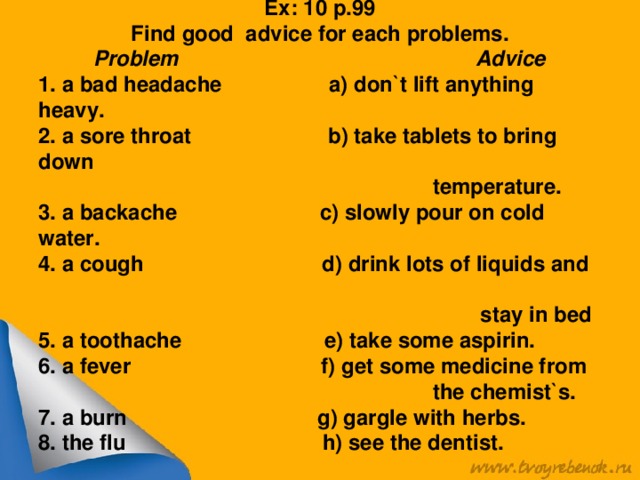
When conflicts reach a certain point where a solution is out of reach, time alone can help each person process what you’re feeling, decreasing the chance for negative communication or lashing out at the other person.
Space allows clarity in the thought process and the opportunity to focus on the individual’s motivation and reasoning to determine if there’s justification or an excuse.
In either case, it’s vital to decide if spending time apart in a marriage is a temporary situation or more beneficial in the long run as a permanent solution.
Psychotherapist Robert J. Buchicchio, in his book ‘Taking Space,’ discusses how time apart can be beneficial for individuals, as well as the relationship.
What does time apart mean in a partnership?Taking time apart in a relationship is similar to hitting the “pause” button or saying “time out.”
It doesn’t necessarily mean the partnership is doomed or one is falling out of love with their mate. It’s taking space apart to explore individuality.
When there’s a crisis or a conflict where a solution is not visible to either partner, the goal of stepping away is to gather thoughts and consider what your needs genuinely are and how you prefer these to be met.
That can be whether you can do so sufficiently alone or if there is a resolution to where the relationship is what precisely you prefer.
Is time apart in a relationship beneficialSpending time apart in relationships is normal and healthy. It can be good if each person is on board with it. The idea is to heal the partnership, especially if there are verbal attacks or toxicity.
The outcome will depend on how mates use the time away. When you walk away from the emotion and determine ways to cope more healthfully without that element, the space apart will have been constructive and perhaps valuable.
How much time apart is normal in a relationshipThere are no hard and fast rules or regulations to how much time apart is healthy in a relationship. Each couple’s needs are different.
Each couple’s needs are different.
The suggestion is no longer than two weeks before sitting down and having a conversion. If it needs to be extended beyond that point, it’s important to set dates and times to meet and discuss where you each stand.
When one or the other continues to prolong the time apart in a relationship, it becomes evident that the individual is becoming independent and enjoying life in that capacity.
How to know if you should take time apartWhen mates find themself in a pattern of consistent arguing that never gets resolved, it’s left to fester; spend some time away.
It’s the ideal way for each of you to break the constant banter, consider what is the root of the fighting, and if there are real solutions to the problems that are satisfactory to both.
When you come back together, compare notes. If you find there’s still a disagreement, you might realize the partnership is not for either person’s greatest good and choose to separate more permanently.
Taking time apart to strengthen the relationship helps the couple come back together much healthier and capable of handling conflict and stressors more constructively.
Generally, when two people take space, it’s time for them to reflect and recharge. It’s not necessarily bad, especially if the mates are constantly together. That can create friction.
When you choose to step away to look at things with a fresh set of eyes, the problems are more evident, but so are the solutions.
Check out a few reasons why you should give your partner time apart – and yourself.
1. Recognize the problemsNot only can you recognize the root of the problems between you, but the solutions will become more evident. When you can resolve the issues, the partnership becomes more solid.
Related Reading: 30 Common Relationship Problems and Solutions2. Constant companionship can be too much
When you’re together constantly, it can cause friction resulting in bickering and stress.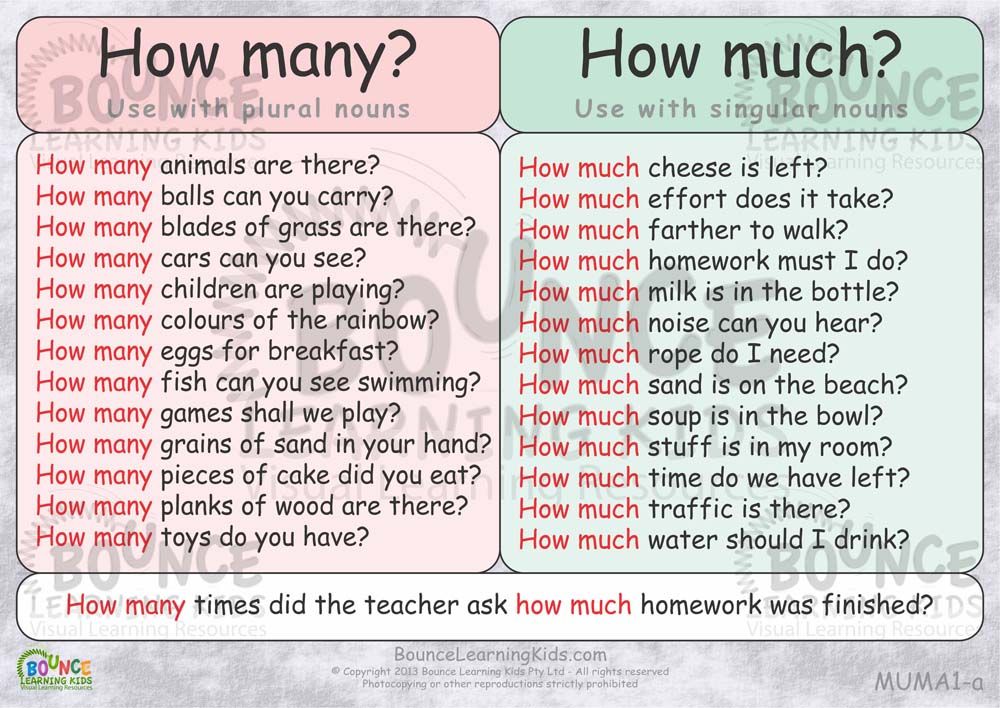 Time apart in a relationship can help each person realize their independence and appreciate alone time.
Time apart in a relationship can help each person realize their independence and appreciate alone time.
You might have let go of close friends from before your partnership or lost touch with distant family members. It’s vital to reestablish those connections for your support and self-care.
4. Learn who you areSometimes mates lose track of who they were before they became a couple. It’s important to take time away to remember that person and bring some of those characteristics back into the picture.
Related Reading: 3 Ways to Practice Self-Awareness in Relationships5. Reset your battery
Every so often, life gets in the way dragging you down and, in turn, bringing the partnership with it. That can lead to needing alone time in a relationship.
After some time away, the renewal allows you to be healthily available instead of offering an attitude and intending to do battle whenever you’re spoken to.
At some point, everyone needs some time apart in a relationship. The space allows mates to explore their individuality and possible problems happening in the partnership and the root cause.
It won’t be difficult to recognize signs it’s time to get away since one or both of you will probably become aggravated or frustrated more easily and ready to instigate an argument. Let’s look at a few of the red flags more closely.
1. Your partner is more agitated than normalWhen anyone has a basic human need, the first indication is when they become short-tempered. The job of a mate is to determine what that need is. If your partner is snapping at you, suggest alone time in a relationship.
2. Conflicts are becoming more consistentIf the two of you are constantly bickering among yourselves with no real basis behind the fighting, it’s a sign that each person needs to step away.
Whether it’s a weekend or a week, you each need to have established a way to express needs more constructively when coming back together. Lashing out to get what you want is neither healthy nor beneficial to the partnership.
Lashing out to get what you want is neither healthy nor beneficial to the partnership.
In some situations, when anger and conflict grow out of hand, counseling can help you reach common ground when you find it difficult to do so on your own.
Related Reading: 5 Types of Conflict in Relationships and How to Deal With Them3. One or both of you have stopped sharing opinions
Being apart from someone you love becomes necessary when you find that you’ve lost yourself along the way. It’s vital to use the opportunity to look back to who you were before the relationship, re-learn that person, become independent again, and gain a sense of individuality.
While away, you get to decide where you’ll have a meal, what you’ll do for entertainment or your responsibilities around the place you’re staying without feedback or opinions.
That will send you home with a whole new sense of self with a mate who will probably appreciate the change.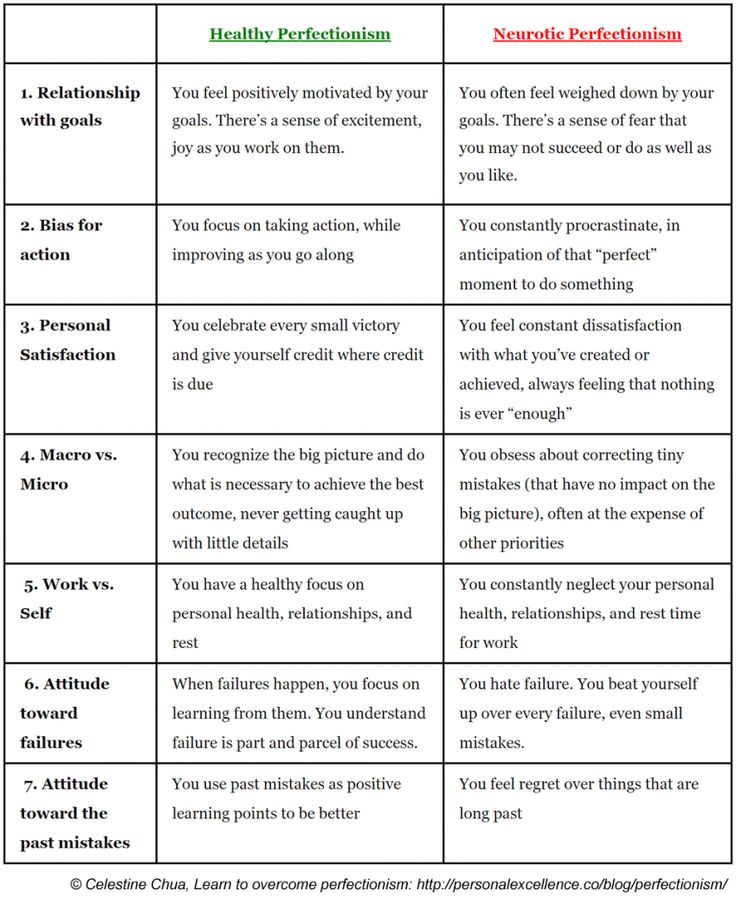
When a partner relies heavily on you to determine their interests and hobbies, they must be encouraged to take time apart in a relationship sort of in the same vein as learning themself but more along the lines of developing a life of their own.
Perhaps, your mate never really had many interests when they came into the partnership, deciding to assume yours.
The space that the two of you agree to should be used wisely with their seeing friends or making some new connections and learning hobbies that establish a sense of individuality.
5. You don’t want to be botheredYou might not understand why you’re turning away from your mate or ignoring them when in the same room, but it appears you’ve become burned out and are reflecting it onto your partner.
Instead of fighting or causing a rift, you’ve shut down, a cry for some alone time. Take some time to recharge, but don’t take on such a load in the future.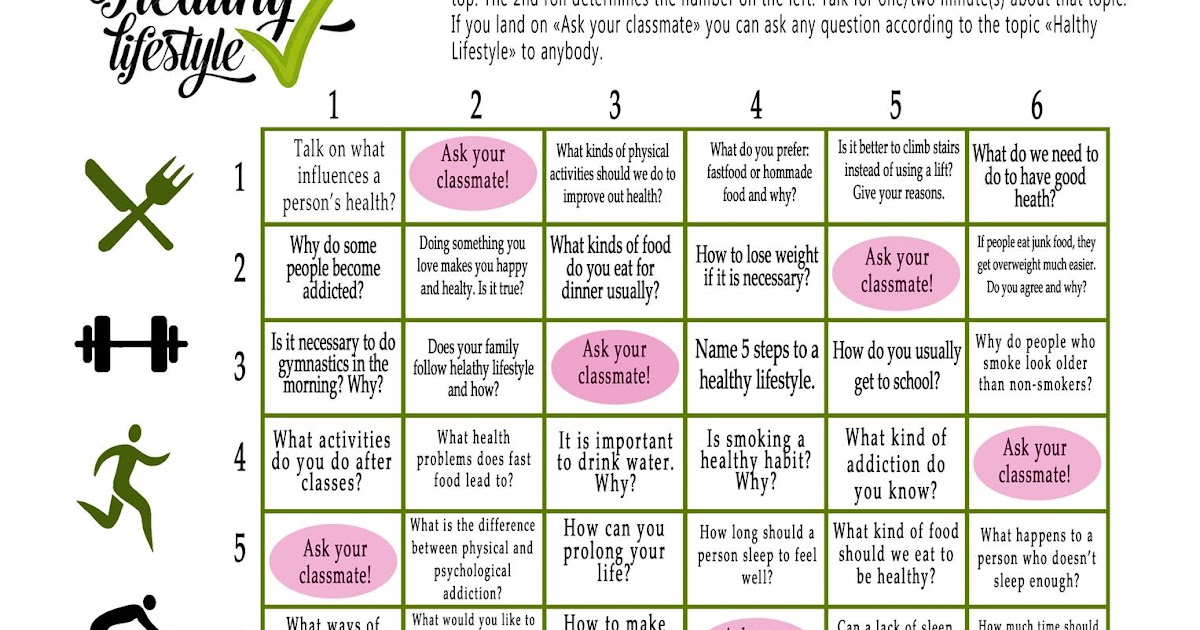
If time apart in a relationship doesn’t come to them, they will create the space. You might notice that a mate has started to come home from work later than usual or perhaps gets up and leaves a bit earlier. Because you typically spend much time together, there is implicit trust.
You think that your partner has found a way to have some time alone. In doing so, that allows you to have some space as well. Instead of being angry, enjoy the quality time and allow your significant other the same respect.
7. The mate is protective of their privacyWhen a mate has become protective of their social circle, programs on the screen, interests, and hobbies, with no desire to share these, it’s indicative of a desire to have individual time but the uncertainty of how to request this.
Communication is critical in this case. Shutting a partner out is not okay. Letting you know there’s a need so it can be satisfied is vital without pushing you away, and that needs to be expressed.
Related Reading: How Much Privacy in a Relationship Is Acceptable?8. You have much stress currently
When trying to discern is time apart good for a relationship, there are instances where it is crucial. For instance, when you have specific life circumstances, perhaps a family loss, financial situation, or health concerns, these require the need to gather thoughts to figure out a good solution.
While talking to a mate can help, first, you need to come through your thought process, and time away can help. A partner will surely understand there’s a need to concentrate on something aside from the partnership for a bit.
You can then come back to further work through it together.
Related Reading: 5 Steps to React Rationally to Stress9. Patterns will help determine time apart in a relationship
Mates have individual personalities in a partnership to where one might be a homebody.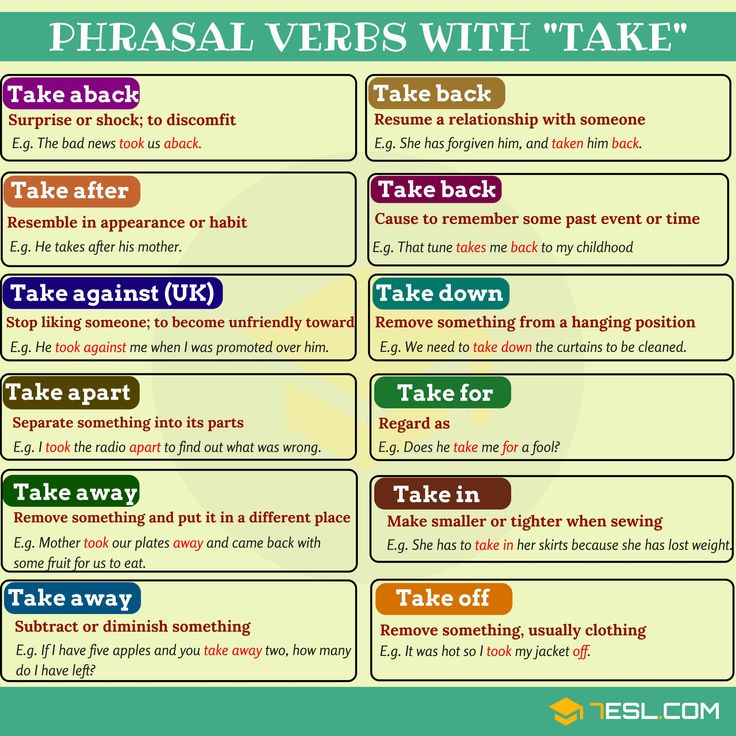 At the same time, the other could be exceptionally social, or perhaps one will close off on the weeknights after work and liven up on the weekend.
At the same time, the other could be exceptionally social, or perhaps one will close off on the weeknights after work and liven up on the weekend.
Once you learn the pattern of your partner, you’ll recognize when you can have some alone time to enjoy personal space. Maybe throughout the week, you can enjoy a nice bath with some soft music and candles each evening.
10. Work anxieties are causing issuesWork pressure can often create anxiety, making it necessary for a partner to need more space than is typical in a relationship. Is time apart in a relationship good? In this instance, it’s healthy for a mate to get away and relax as much as possible.
It’s also essential to voice your support for your mate, plus pay attention to ensure the anxiety doesn’t reach unhealthy levels. It is important not to let the work stress negatively impact the relationship.
11. The connection is offWhen you find the connection between the two of you is not balanced, it’s off, but you can’t determine the problem; you’re not syncing and haven’t been for some time; it’s wise to take a bit of a break.
Does taking time apart in a relationship work? The idea for stepping away sometimes is to strengthen the partnership. When you have a rough patch happening, especially when you’re uncertain for a reason, space can help you look at the situation from a different view.
You can also appreciate the other person and the relationship much more with the connection reestablished, not ever realizing what the bad vibe was about; perhaps just a need for some time.
Related Reading: How Important Is An Emotional Connection In A Relationship?12. Listen when a mate makes a request
When a partner indicates they have a need, it’s vital to pay attention and vice versa. If you’re facing conflict and a mate asks to hold off for a second while taking a break, do that.
This person is asking to let them cool off for a second. They need to step away to avoid lashing out because they have come to the brink of their patience with the situation.
When you allow the space, it shows respect, and the two of you can come back together in a more healthy way.
If you are wondering how to be a better listener, watch this video that offers some tips:
13. Red flags are your only indicationA partner might not be someone who comes out and makes a request, as in the last scene. Sometimes their only indication that they need time apart in a relationship is hinted that you need to be able to pick up on.
Some of us are not that capable of reading hints. To accommodate a person who leaves clues is to allot a specific amount of time.
That can be each day, maybe every week, on weekends, even throughout the month, that each of you can have time away individually without anyone needing to ask.
Related Reading: 30 Red Flags in a Relationship You Should Never Ignore14.
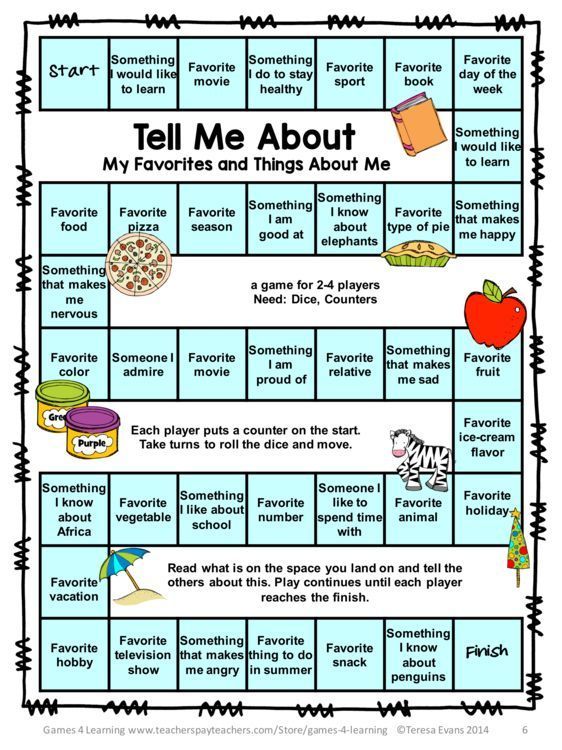 A mate has become anxious to run any errand possible
A mate has become anxious to run any errand possibleIf you’re wondering how to take time apart in a relationship, walk the dog three times within the hour. Some partners will do anything to get the personal space they long for, including taking any available errand to get out of the house.
Instead of seeing your significant other running themself ragged outside the house every five minutes, take an opportunity to leave periodically to give them some time at home alone.
15. A critical and complaining partner is craving time awayWhen you can do nothing right in a partner’s eyes, it’s time for them to get a break. Constant bickering and complaining mean they’re tired of being in the same space, or they’ve been in the same space for too long.
While it’s the wrong approach, try not to take it personally but instead enjoy a breakaway for a while with newly placed boundaries that criticism is off-limits from this point.
16. Your partner’s flaws and quirks are becoming annoyingGenerally speaking, you love your partner and all their quirks and flaws, but because you see them so much lately, the typical cute quirks are starting to bother you, and the flaws are grating your nerves.
Instead of taking it out on your mate, it’s vital to step away, maybe schedule a friends’ night or even a weekend getaway to put some space between you. If that’s not enough time, you might need to take a break, perhaps a week or two, to get your perspective back to the right.
How much time apart is too much? Each partnership is different. You don’t want to keep prolonging it because that will indicate you’re enjoying your independence and likely not wanting to go back to couplehood.
17. One or both of you is getting boredSometimes when couples do the same things constantly, life can become routine, or a rut can develop, causing them to grow bored with each other. Relationships take work, but people lose sight of how to do that after some time.
You can consider ways to reignite the spark or think about life without the person by stepping away from the partnership. It will either help move things in a more positive and healthy direction for the two of you or you as an individual living independently.
Related Reading: 15 Common Mistakes That Lead to a Boring Relationship18. You need to remember the goals you once had for yourself
When moving into a partnership with someone, often goals get intermingled, and individuals forget the things they had intended to work towards as a singleton with their career path.
It might not have aligned with the other person’s goals, or it didn’t fit with the lifestyle the two of you were considering; at some point, that might bring a sense of resentment if you don’t revisit those dreams.
That’s a reason to take time apart in a relationship to consider if the goals you once had are still a part of who you are now and how you can make those dreams a reality. Coming back together, you can discuss these possibilities together and how you can realize them.
19. Perhaps you have grown silentWhen partners lose the ability to talk to each other, conversations become a challenge, or there’s awkwardness with attempts, rejuvenation is definitely in order.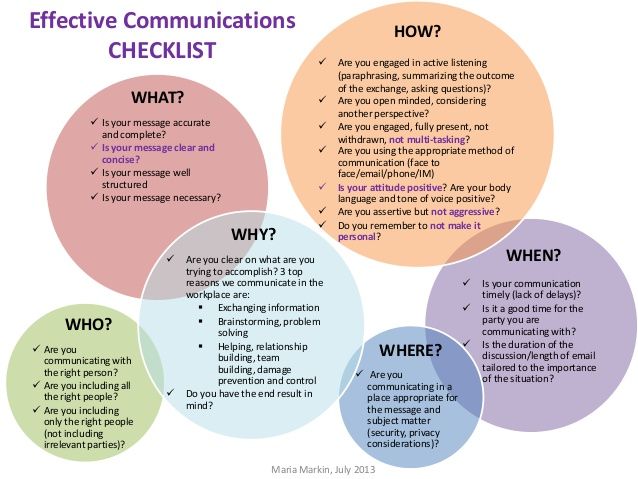
The more time you experience on your own doing individual things, the more you’ll have to share as a couple. Research shows that communication, not silence, is the marker of a healthy relationship.
20. Grow away from the “we” mentalityYou might have mutual friends and go out with other people as a couple, but you must have your mindset, opinions, and thought processes separate and apart from your mate.
If you can’t differentiate yourself from the “we” mentality, you need to break away from the partnership for some independent time to focus on what those opinions and thoughts might be. That way, you can carry a conversation solely on your own.
21. You hope to appreciate the romance moreWhen you take time away from seeing your partner constantly, you can appreciate them more romantically.
It can be challenging if you see your mate all the time to take away the day-to-day familiarity and comfortability to view the individual then as the person you were once infatuated with.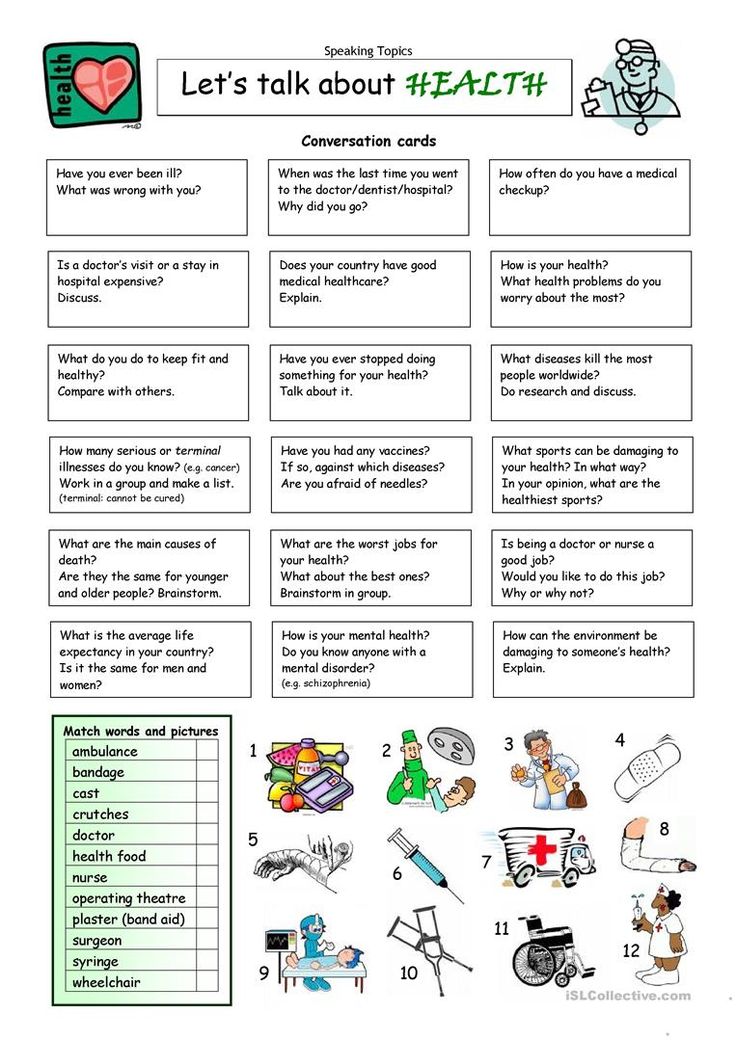
While love takes considerable effort, time, energy, and work, some of that involves taking time apart from each other so that you can miss the other person and appreciate them as the person you fell in love with.
Related Reading: The Role of Romance in a Relationship and its ImportanceFinal thoughts
Is it okay to take time apart in a relationship? It’s vital to have individual time, healthy and normal. If you don’t have space apart, you can’t miss the other person or appreciate what you grew to love and respect about that individual.
You also can’t keep connected to your roots, who you are, what you’re about, and where you hope to go. That’s crucial to the success of your partnership. When you’re unhappy within yourself, a relationship will be challenging.
"We need to live apart": 8 rules for temporary separation
23,363
Man and womanRelationship crisisKnow yourself
1.
 Explain the situation to your immediate environment
Explain the situation to your immediate environment Discuss how you will tell your families about it before starting the "healing separation" and friends. Some of them can be devoted to the details, and someone simply put before the fact. So you, at least in part, but save yourself from further questions: “Did something happen to you?”, “Why don’t you live together?”. However, this is still unlikely to save you from advice and other people's opinions in the spirit of “We must go through difficulties together”.
2. Discuss the “baby issue”
If you have children, you need to agree on how much time each partner will spend with them. For example, mom - three days a week, dad - four. Don't worry that this will negatively affect your relationship with your children - most likely, they will only get better, because you will begin to spend a lot of time one on one with them.
3. Decide how much time you will spend apart
You break up in order to understand whether you should be together or not, and in order to understand yourself. And in both cases, it can take a lot of time. The average time for such a breakup is three months, but there is nothing wrong with “extending” it to six months. Chances are that the longer this period lasts, the more valuable your reunion will be - you will return not out of fear or the burden of loneliness, but because you will be truly ready to continue the relationship with your partner.
And in both cases, it can take a lot of time. The average time for such a breakup is three months, but there is nothing wrong with “extending” it to six months. Chances are that the longer this period lasts, the more valuable your reunion will be - you will return not out of fear or the burden of loneliness, but because you will be truly ready to continue the relationship with your partner.
4. Don't promise anything to each other
You don't know what conclusion you will come to when the "medical separation" is over. You may decide to get back together, as you realize that you still love your partner deeply and are ready to work with him on the relationship. Or you acknowledge the fact that at this stage in your life you feel good being alone. Therefore, it is better to do without promises that you may not be able to keep.
5. Keep your distance
Taking a break and continuing to live in the same house is a bad idea. So you are unlikely to be able to understand what you are outside of a relationship, what you are if you are alone. To find out who you are and what you want from yourself, from your partner and from life in general, you need to be away from the person to whom you are attached for some time.
6. Make an appointment
When, how and where will you communicate? Just because you need to stay away from your partner doesn't mean you shouldn't see each other at all. At first, of course, it is better not to meet for a week or two. During this time, calls and messages remain at your disposal.
Then you can start inviting each other on dates, as it was at the very beginning of the relationship. And during these dates, you can do something new that you have never tried before. Just refrain from intimacy until you realize that you are ready to move in again or sleep in the same bedroom. Look for other ways to enjoy communication.
7. Find useful activities
While you are on your own, you can plunge into your own interests. For example, decide on a retreat or make a pilgrimage. Immerse yourself in creativity: draw, write, dance. Go where your partner did not want to fly and did not let you go alone. Or see a psychologist.
8. Do not start a new relationship
Remember that you decided to live separately in order to get to know yourself better and to understand the relationship with your current partner. So what's the point of dating or sleeping with others? So you can not only get confused about how you feel in relation to your partner, but also become attached to a third person.
If at some point in the separation you realize that you want to be together, then don't come back abruptly. Start spending more time with each other: touch each other, spend the night together. This way you can get to know each other again. And don't forget the experiences you've gained one by one - use them to make your relationship better.
Text: Ksenia Troshina Photo credit: Getty Images
New on the site
“My husband is an alcoholic and a gamer. Is it worth living with him for the sake of the children?
6 films and series about the relationship between psychotherapists and their patients
“Reality TV hero” syndrome: how transformation programs are filmed — a producer’s story
Should grandchildren be thankful for cash gifts: 3 points of view — advice to grandparents
“I’m afraid of losing my girlfriend because of unrequited feelings for her”
“I wished my drunken husband was dead - now that he is gone, I regret it”
Why is it so hard to find love on Tinder: 3 reasons - scientists' conclusions
Virtual romance: an escape from intimacy or a tool for self-development — a discussion with psychologists
“Changes in relationships require strength of mind”
Psychotherapy – a method recognized throughout the world to change the quality of life at one’s own will – is still a prisoner of stereotypes in Russia .
We talked with Lyudmila Frantskevich and Alexei Barkhatov about who she can really help and whether going to a psychologist replaces traditional Russian ways to relieve the soul are the only professionals in Krasnoyarsk who practice couple sessions for families and in general for everyone who is connected with partnerships.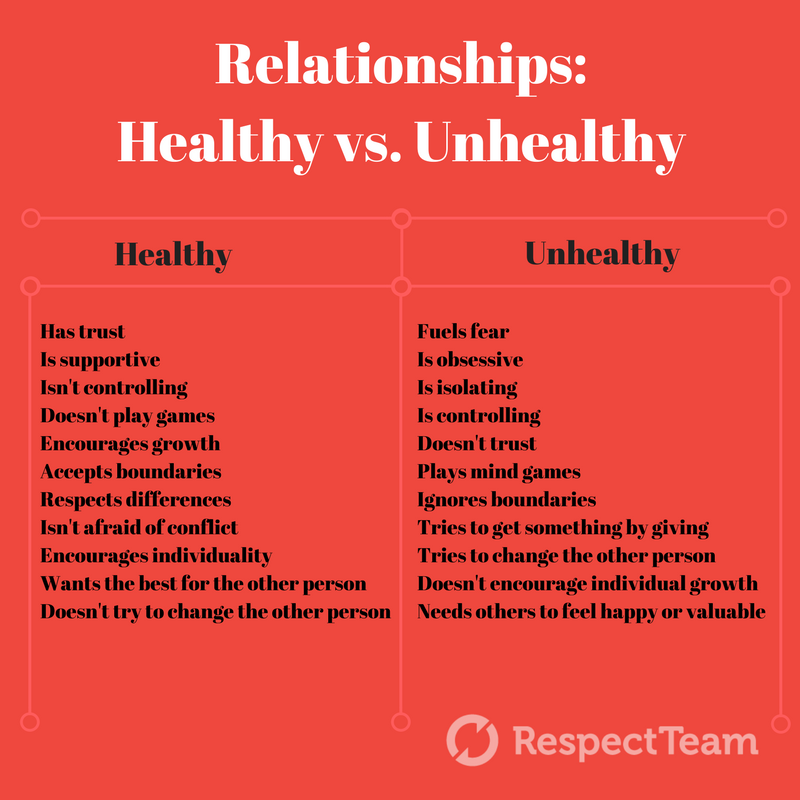
Lyudmila Frantskevich and Aleksey Barkhatov
– Aleksey, Lyudmila, who really benefits from psychotherapy?
And why is it needed?
Aleksey (A): – Family therapy is especially useful for those who want to change their interactions with each other and are ready to take responsibility for their contribution to the relationship. It is possible only when both partners understand that the relationship is in crisis and are interested in changing it. Change the ways of relationships, not each other.
Lyudmila (L): – The answer will sound pompous, and yet – for the pleasure of LIVING with each other. Want to BE with each other and trust at a distance, wake up with a smile, swear deliciously, knowing that the WORLD is more than a quarrel. To convey to children that partnership is interesting. And that we always live among people and there are always relationships!
- How does your method differ from classical therapy and why do you offer families who need psychological help to meet with a couple of psychotherapists at the same time?
A. : – Because our method gives a more objective view of what is happening in a couple. A conversation with two psychotherapists who have different stories, values, attitudes towards life helps to get closer to the truth than a conversation with one specialist.
: – Because our method gives a more objective view of what is happening in a couple. A conversation with two psychotherapists who have different stories, values, attitudes towards life helps to get closer to the truth than a conversation with one specialist.
L.: – In addition, this is how we provide emotional support to both partners at once.
- So, in fact, this is a kind of model for a couple who came to your appointment? But isn't this some kind of artificial attempt, let's say, to increase the cost of your service?
L.: - We offer our clients our professionalism, the knowledge of two specialists at once. We create evidence in the office - we are a couple of psychologists, you are a couple of partners. I believe that the value of our work, of course, is measured by the money of clients, I evaluate my professionalism by this amount and want to think that the client, paying for the service, takes responsibility for being involved in changing the quality of his life.
- I got the impression that couples therapy is designed for the middle class and above.
A.: – I am sure that if a real change in relations with a partner is of value to a person, then this amount is not exorbitant. From a professional point of view, this is a small fee.
Of course, if you treat a conversation with a psychotherapist as a simple conversation, then yes, it is expensive.
L.: – What can be more valuable than peace of mind and a pleasant atmosphere in the family? In a relationship? More than half of those who come to us understand that it is good relationships that make a quality life, and not material values. And then psychotherapy is an investment in a conscious, fairly clear relationship. Where you can meet the pleasant and unpleasant sides of life and have a safe opportunity to TALK to each other.
L.: – The reality of relationships is here and now.
– Besides you, does anyone else do couples psychotherapy in Krasnoyarsk?
L.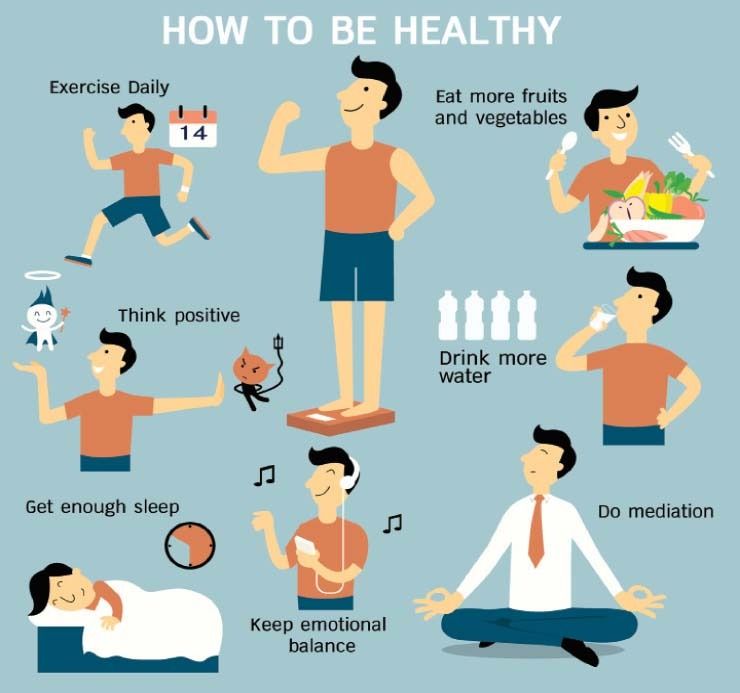 : - As far as I know, there are no such services in Krasnoyarsk anymore. But this is a global model, and it has proven to be effective.
: - As far as I know, there are no such services in Krasnoyarsk anymore. But this is a global model, and it has proven to be effective.
– At what stage do people come to you for help? And when is the best time to do it? Probably, when the relationship is already destroyed, psychotherapy will not help ... Will the session affect a person if, for example, he is annoyed even by the timbre of his partner's voice?
A.: – Unfortunately, they come to us when relations have already entered a deep crisis. But even at this stage, you can draw people's attention to how they interact with each other. What happens next - the decision is always theirs. And if a couple really wants to change everything for the better, it is possible to help her, although it is not easy.
L.: – It all depends on what the partners want, and if they don’t understand it, then help them understand. Our task is to bring partners to the point of choice!
- What can partners learn from you in a session?
A.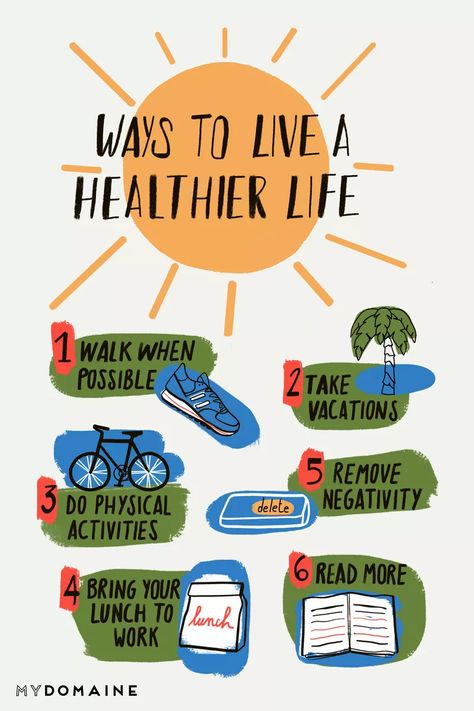 : – During the session, they can understand, if they want, how they don’t know how to negotiate with each other and what they do or don’t do for this ... A problem in a relationship most often arises because a person does not want to accept another with its values, but tries to change it "for itself". But this is a road to nowhere.
: – During the session, they can understand, if they want, how they don’t know how to negotiate with each other and what they do or don’t do for this ... A problem in a relationship most often arises because a person does not want to accept another with its values, but tries to change it "for itself". But this is a road to nowhere.
L.: – Contact occurs where plus and minus meet. It is important to understand how people feel about differences in their partnership...
- Let's take two examples: one couple has a complete commonality of interests, they are together all the time. The other declares that to each his own, and spends a lot of time apart. Which relationship model is healthier?
A.: – I would like to see the first pair. There are suspicions that one adapts to the other. And he may not like it very much.
– That is, such a couple should come to you?
L.: – Yes, it is. If suddenly a situation arises with a vivid presentation of one's personality, different from the partner's, or in another unusual way of self-expression, the partners will experience fears. Then, perhaps, there will be a desire to go to a psychologist. More often this desire arises from one of the partners. But again, fears can get in the way! In this case, my regret will be due to the fact that the couple DID NOT TRY ...
Then, perhaps, there will be a desire to go to a psychologist. More often this desire arises from one of the partners. But again, fears can get in the way! In this case, my regret will be due to the fact that the couple DID NOT TRY ...
A.: – At the same time, I would like to note that family psychotherapy does not help to avoid conflicts – it helps to find constructive solutions, to negotiate.
L.: – Yes. Any relationship is not for the faint of heart, they need to be invested in. And when people know how to talk to each other, the quality of their relationships becomes an order of magnitude higher, this adds intimacy, closeness, trust and respect to them. They treat themselves and their partner with dignity.
– And how do you teach clients to negotiate among themselves? Is there some kind of algorithm, step by step actions?
A.: - They show us the usual ways of relationships, we are interested in what they want. And then work happens in this interval. If we use the word algorithm, it is what they are ready to do, and how ready they are for the desired changes to occur.
L.: – Yes, for example, I am very cautious about the statements of psychologists that they know how someone should live. I don’t know how a couple who came to see me should live. Another thing is that I am ready to be with them, to notice how they are trying to build relationships, what does not work out and what happens wonderfully. I am a specialist not in family life, but in the process of people's relationships.
- And if, for example, the husband shouts: "Tell her that she is wrong!", how do you react to this?
L.: – We notice that the husband does not want to take responsibility for something…
A.: – Let us remind or explain that constructive changes in relations are possible only when both partners are ready to negotiate, not to change each other. If at the first or second meetings we see that something prevents a person from taking a position of respect for the features and views of the other, then ...
L.: – …that means he is not yet ready for change. And it is useful for him to first go to another psychotherapist alone in order to relive his story, and only then return to us as a couple.
And it is useful for him to first go to another psychotherapist alone in order to relive his story, and only then return to us as a couple.
A.: – A long-standing resentment prevents us from accepting the difference of another person, prevents us from reaching an agreement.
L.: - It is important that our future clients know: a session, one hour and twenty minutes, is the time that you devote to yourself, to each other, to your togetherness. The time of real life is "here and now".
– What is needed for family therapy to take place? What should partners pay attention to in a relationship?
A.: -For family psychotherapy, the consent and participation of both partners in changing their relationship, namely the relationship, and not changing one of the spouses, is important. Psychotherapy is not possible if at least one of the partners is not willing to take responsibility for his contribution to family relationships and is not ready to invest in changes in these relationships.
Family psychotherapy will not answer the questions “Who is right?”, “Who is to blame?”, “What can I do to make my spouse change?”. She can show the difficulties in the relationship and, with the consent of both spouses, overcome these difficulties ... As a rule, this is emotionally difficult ...
What should I pay attention to? First, how each of the partners feels in this relationship. Do they like these feelings? How easy is it to hear and be heard? Is it easy to show your individuality in a relationship? Is it possible to negotiate in family conflicts or quarrels are only mutual accusations? Can partners present themselves, no matter how - positively or negatively ... Is there an agreement in a couple - for example, “we don’t change anything until we agree.”
L.: - Three important components - the desire to change something, time and money.
– But it is commonly believed that psychotherapy does not fit into the Russian mentality, let alone in the West. “Why the hell do I need a psychotherapist, I have friends, I’ll drink a liter of vodka with them and talk about everything,” men often think, and women take their breath away, crying into their girlfriends in a vest. It is believed that this is no worse than a visit to a psychologist. What do you think of it?
“Why the hell do I need a psychotherapist, I have friends, I’ll drink a liter of vodka with them and talk about everything,” men often think, and women take their breath away, crying into their girlfriends in a vest. It is believed that this is no worse than a visit to a psychologist. What do you think of it?
A.: – You ask, what is the difference between a session with a psychotherapist and a conversation with a friend over a bottle? Everyone. I know a lot of examples of a qualitative change in relationships after family therapy, but I have never heard of such changes after talking with friends.
– Well, the emotions are similar. Stories about "she's such a bitch and I'm so cool" and vice versa.
A.: – Yes, crying into a friend's vest cools emotions a little. But it does not change the situation in the family in any way: it remains the same. And if a friend says something like “yes, you yourself are good”, he can get for these words. And a psychologist can notice this way of behavior. ..
..
Psychotherapy is first of all an opportunity to discuss what the client himself does not see.
L.: – This is involvement and interest. We help clients to live the events of their lives. Consciously!
Trying to relieve inner tension, men drink with friends or go to football matches, women treat themselves with shopping tours and spas, and these are relationships with shopping, a beautician, a massage therapist ... But not a relationship with a partner, but only their surrogate, temporary, illusory replacement. And the problems are not solved in the end! Of course, it's scary to change something!
– What if partners go to football together and then go shopping?
A.: – That's another story. What is the motive behind this behavior? People often live and have no idea why their loved ones act the way they do. And they do not clarify this at all in a relationship! This is where a lot of resentment and disappointment comes from. A husband, for example, fantasizes: “They didn’t prepare food for me, which means they stopped loving me. ” And this only means that the wife was tired and could not tell him about it.
” And this only means that the wife was tired and could not tell him about it.
Or vice versa: “She cooked me a meal, so she is very much in love with me.”
L.: – Actually, this means that she just likes to cook and when she is praised for it. And love for her is completely different. We help people to understand the motivation of each other's actions.
– What else, besides the belief in a “special mentality”, prevents Russian couples from going to psychologists?
L.: – Many people are afraid of psychotherapy. I often hear the phrase: “It will have to turn inside out! Why would a stranger need to know details about me? I repeat: we do not need the content of your life, where you work, who your relatives are. The psychotherapist's area of interest is how you create or do not create relationships, their reality. This can be done without content...
A.: – There are certain misconceptions about psychotherapy. For example: if you go to a specialist with the prefix "psycho", you are not friends with your head.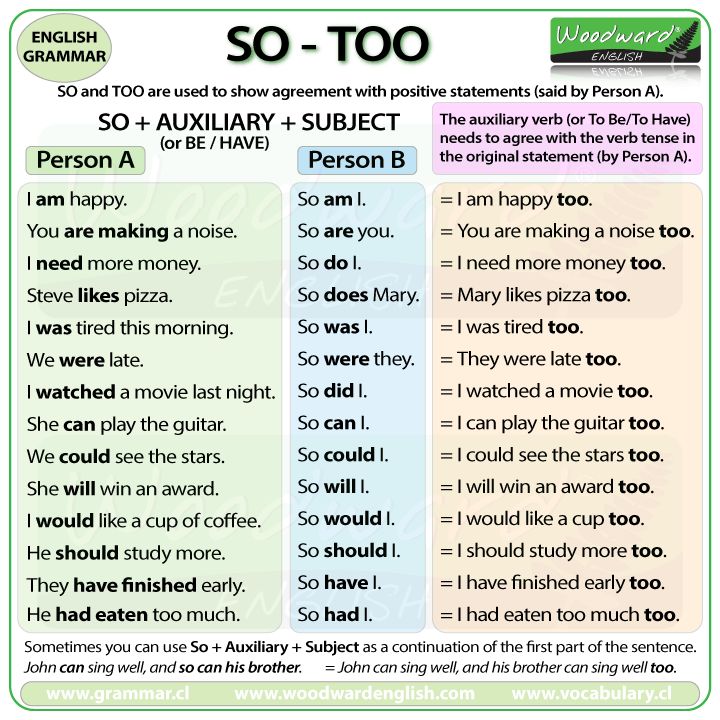 But "psycho" actually translates as "soul". Or this: psychotherapy is when a person very quickly tells his ins and outs, and a specialist listens and gives out a prescription. However, this is fundamentally not the case!
But "psycho" actually translates as "soul". Or this: psychotherapy is when a person very quickly tells his ins and outs, and a specialist listens and gives out a prescription. However, this is fundamentally not the case!
Psychotherapy is a meeting of two partners, not a doctor and a patient. A person brings his problem to the office - exactly the one he can share, and nothing more. Nobody pulls his tongue and stops him, he decides what and how much to say. The result of psychotherapy will depend on this.
L.: – Everything happens not at our suggestion, but in our presence.
Trust, as in life, takes time.
– How many sessions does a couple need on average?
And what is the minimum number of visits?
A.: – At least one. And then it all depends on how you manage to go through the stages of psychotherapy.
For example, there comes a family in which the initiative to visit a specialist belongs to the wife. The husband did not particularly want to go.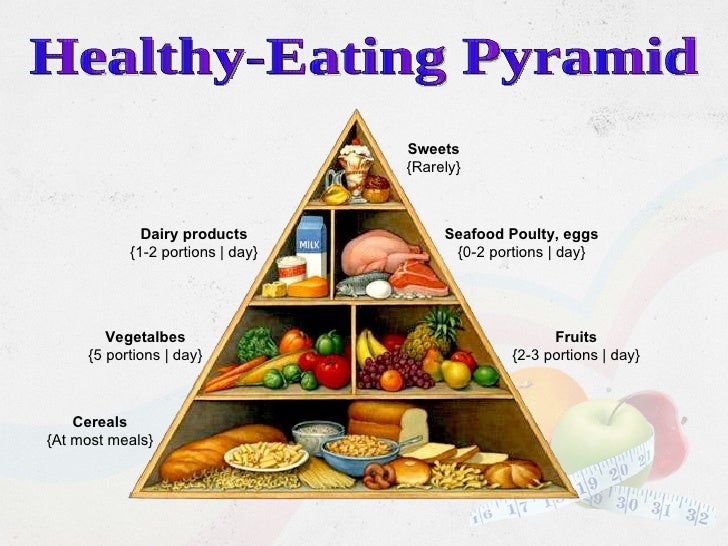 In this case, by observing, we help to clarify that the husband also has a motive, only he prefers not to talk about him to his wife, so as, roughly speaking, not to get a rolling pin from her.
In this case, by observing, we help to clarify that the husband also has a motive, only he prefers not to talk about him to his wife, so as, roughly speaking, not to get a rolling pin from her.
- An emotional rolling pin.
A.: – Oh, yes. And our work will be to find out the husband's motives at the first stage, to clarify this part of the relationship. The first step is some kind of diagnosis. And only then, when everything is resolved and the husband is no longer afraid to express his opinion, will the period of interaction begin. We teach partners to hear and accept each other. But how long it will take depends not on us, but on them.
L.: - We professionally and quite delicately show the couple how to build relationships. How much time are they willing to devote to IT. A good business takes years to build! An idea appears! It is launched into life, and the most important stage is retention, sufficient stability, reactions to changes, awareness of these changes, their usefulness or vice versa, and so on .

